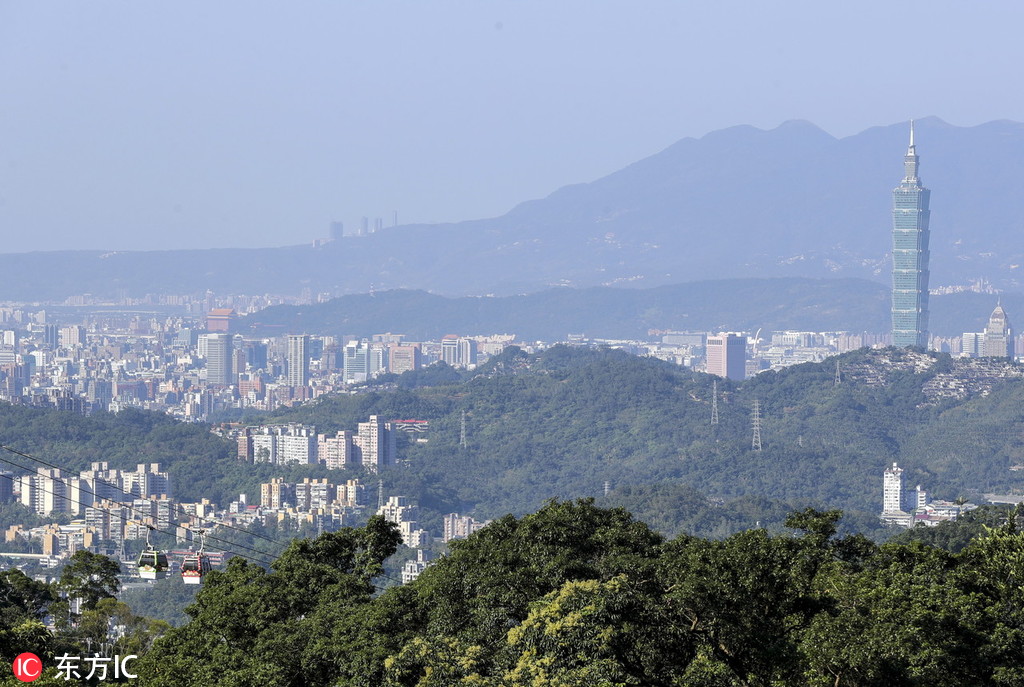Tsai ought to abide by reality island is part of one China: China Daily editorial


It should be clear to everybody why Taiwan and its leadership are in such an embarrassing position when it comes to the island's relationship with the Chinese mainland.
The previously warm and close relations across the Taiwan Straits would not have come to an abrupt end had local leader Tsai Ing-wen not pursued a stubborn pro-independence, anti-mainland policy.
Yet ignoring the vote of no confidence in the course she has chosen that was delivered in the recent local elections on the island, there was no indication throughout Tsai's New Year's address on Monday that she has any intention of changing tack.
Rather than acknowledging her administration's poor performance, especially its problematic mainland policies, Tsai told the people of Taiwan that the mistake is the mainland's. Even though before her inauguration, Beijing declared it was willing to deal, even collaborate, with any person or force that subscribes to "one China". That was a precious gesture of willingness to bury historical discord and sustain the fine momentum of constructive interaction fostered under the leadership of Ma Ying-jeou of the now opposition Kuomintang.
It is Tsai's anti-mainland, pro-independence approach that brought ties to freezing point. It is disingenuous to fault the mainland for interference when she has severed nearly all the official channels of communication.
But Tsai enjoys drowning herself in her own fantasies.
Ignoring the pressing need to be reasonable, she sounded even more combative.
While brushing aside the clear international legal status of the island being part of China, Tsai called on Beijing to "abide by the reality" of the existence of "the Republic of China on Taiwan".
Turning a blind eye to Beijing's long-standing promise of a "one country, two systems" design for future relations across the Straits, she required the mainland to "respect Taiwan people's insistence on freedom and democracy".
Without repenting for her party's and administration's inclination for creating a scenario of de facto independence, she stated the mainland "must use peaceful, on parity means" to handle cross-Straits differences.
Taken out of context, Tsai's remarks may sound reasonable and draw sympathy. But anyone who bothers to look into the true causes of the present impasse would see the absurdity of her requests and why Beijing will not forego the use of nonpeaceful means if necessary to prevent secession.
Tsai said her responsibility is to "find room for Taiwan's development" in an international environment full of uncertainties. Considering what she said on Monday, as well as what she has done since assuming office in May 2016, however, she is effectively shrinking that very room.

































